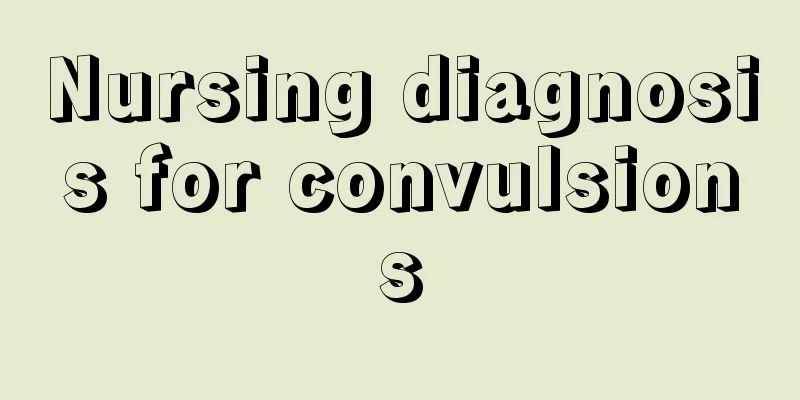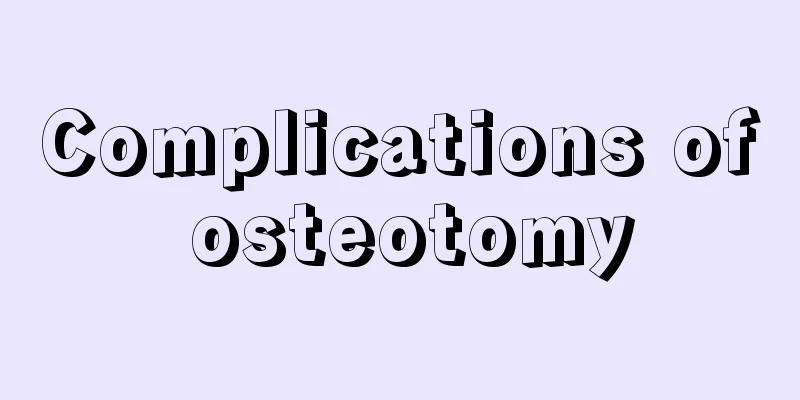Is lumbar disc herniation serious? The harm cannot be ignored

|
Lumbar disc herniation has become a common disease, but everyone should pay attention to its harm. After the disease occurs, it will be very painful and affect daily life. It must be treated as soon as possible, rest in bed more often, and maintain a good attitude. 1. What are the common hazards of lumbar disc herniation? 1. Lumbar disc herniation will accumulate to the sciatic nerve. I believe many people know about sciatica. Now with the popularization of CT, it is found that most sciatica is actually caused by compression after lumbar disc herniation. The sciatic nerve mainly comes from the L4-5 and S1-3 nerve roots and is relatively thick. When the sciatic nerve is accumulated, abnormal skin sensation often occurs in the buttocks, posterior and lateral thighs, and calves. 2. Lumbar disc herniation can cause compression of the femoral nerve. The femoral nerve mainly comes from the L2-4 spinal nerves, and its main clinical symptoms are pain, discomfort or abnormal sensation in the groin and front of the thigh. 3. Involvement of the obturator nerve. The obturator nerve is derived from the L2-4 spinal nerves, exits the psoas major muscle and enters the small pelvis. Clinically, when lumbar disc herniation infringes upon the obturator nerve, it can mainly manifest as pain or numbness in the deep buttocks and other parts of the body. 2. If you experience pain in these areas, you need to pay attention, as it may be caused by lumbar disc herniation. 1. Calf pain Secondary symptoms: Redness and swelling in the area where the pain is felt. A hidden cause: deep vein thrombosis Diagnosis: Many young office workers are prone to this disease, but because the pain is very similar to cramps, it is easily ignored by men. How to prevent it: Drink water. During long periods of sitting, keep your body well hydrated (drink 227 ml of water every two hours), which can ensure healthy blood flow and avoid the formation of blood clots. 2. Foot pain Secondary symptoms: Mild pain in the back of the thigh A hidden cause: Lumbar disc herniation Diagnosis: Even if your back feels fine, pain in your feet could mean your sciatic nerve (which snakes from your lower back to your feet) is being pinched by a herniated disk, which can be accompanied by a pins-and-needles feeling in your legs. How to prevent it: Exercise your abdominal muscles. It's easy to strain your lower back when you hunch your shoulders, so strengthening your abdominal muscles can help improve your ability to maintain good posture. |
<<: What should I do if the soles of my feet become hot during menopause? How should I treat it?
>>: What causes pain in the soles of your feet? Five factors that cannot be ignored
Recommend
Diet therapy and habits of patients with hamartoma
Although hamartoma is a benign tumor disease, pat...
It’s not just lack of sleep! Uncover the real reason for constant fatigue
Skipping exercise to save energy The idea that yo...
Can soy isoflavones remove acne?
Soy isoflavones are a very good health supplement...
Benefits of taking a cold shower
In fact, many people like to take cold showers in...
Warning: Bilirubin is high after liver cancer surgery, we can do this
After liver cancer surgery, no matter what the ca...
Can lymphoma be diagnosed from swollen lymph nodes
We can judge lymphoma from swollen lymph nodes, w...
What should I do if my aspartate aminotransferase is too high?
If the aspartate aminotransferase level is high, ...
How to deal with redness on the face after sun exposure
Sunlight is composed of a variety of different co...
What are the benefits of eating longan before going to bed
In daily life, longan can not only be eaten as fr...
Can Traditional Chinese Medicine treatment of colorectal cancer help with bowel movements?
Intestinal cancer is a relatively common cancer n...
The order of using elastin and essential oils
In our daily life, we see women not only taking c...
How do you calculate a person’s normal weight?
When people are overweight, they may induce many ...
What are the key points in preventing rectal cancer? How to detect early symptoms of rectal cancer?
The age of rectal cancer is mostly between 30 and...
How long can whipped cream be kept
When making cream yourself, you will often find t...
Botox to remove wrinkles
Now it is not just women who pursue beauty and ha...









